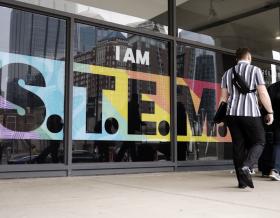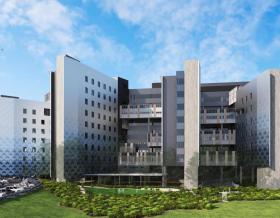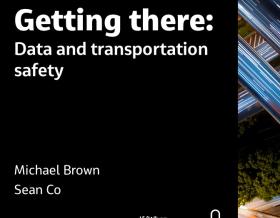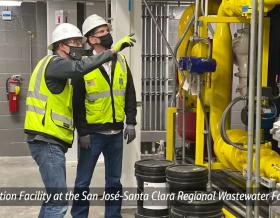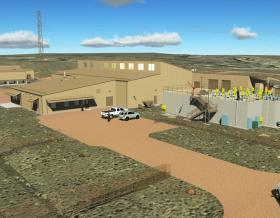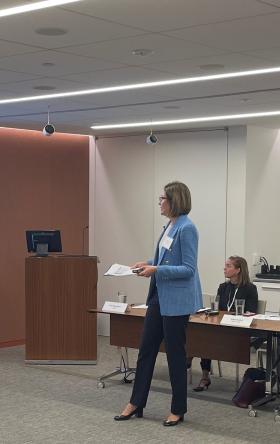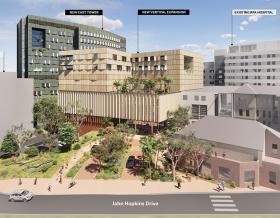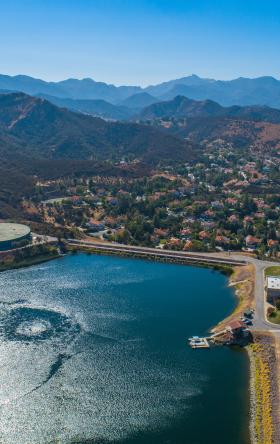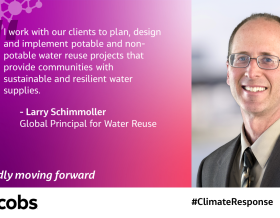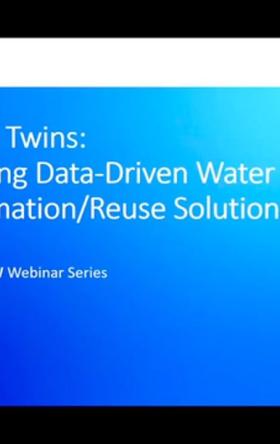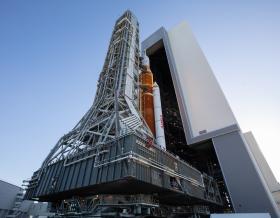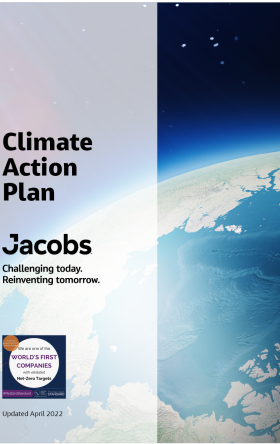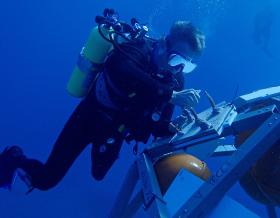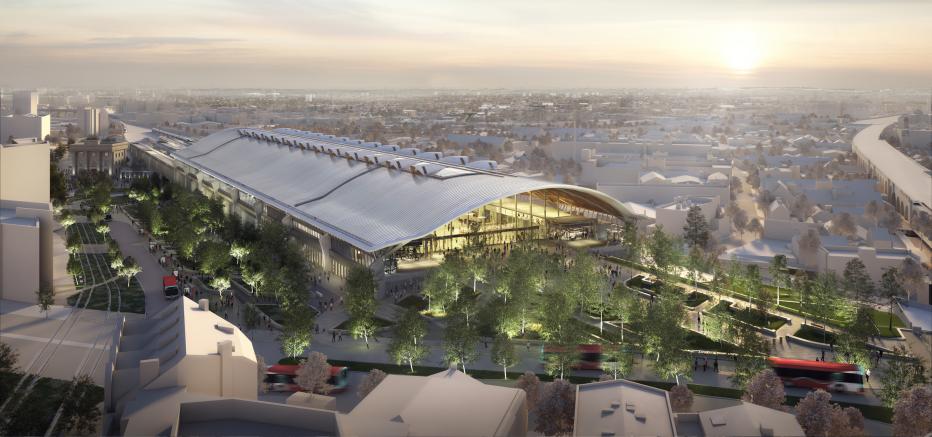
HS2 is a state-of-the-art, high speed railway line that is critical for the U.K.’s low-carbon transport future. It will provide much-needed rail capacity across the country and is integral to rail projects in the North and Midlands.
By building a new railway line, HS2 will take fast trains off the existing railway and onto dedicated tracks, better connecting major towns and cities in the U.K. This will allow slower local trains to more efficiently use existing lines, freeing up space across the country for many more commuter services and freight trains.
Once operational, the railway will serve over 25 stations and connect around 30 million people. It will significantly improve connectivity in the North and Midlands regions of England and integrate the existing network serving stations into Scotland, creating 500,000 extra jobs and 90,000 homes around HS2 stations.
HS2 is planned to be delivered in three phases, the first of which is currently under development and will run between London and Birmingham. High speed trains will travel between London and Birmingham on 140 miles of dedicated track. They will pass through more than 32 miles of tunnels and over 10 miles of viaducts, delivering quicker journeys on more trains with more seats.
Jacobs has been supporting Phase One continuously since 2012 across two roles – as Development Partner from 2012 to 2016, and as part of the Engineering Delivery Partner – the Jacobs/Atkins/SENER team – since 2016. We have worked collaboratively with HS2 in integrated and co-located teams throughout, undertaking a wide range of professional services from project management to land referencing to stakeholder management to drive long-term efficiencies across the development, design, and delivery of the project.
-
140
miles in the Phase One route between London and Birmingham
-
4
brand new stations
-
64
miles of tunnels
-
10
tunnel boring machines set to be used
How Jacobs is supporting Europe's largest infrastructure project
HS2 is a new high-speed railway under development in the U.K. linking London, the Midlands and the North. Phase One runs from London to Birmingham over 140 miles, through 64 miles of tunnels and over the U.K.’s longest viaduct.
The network will improve capacity and provide high speed rail infrastructure links between London and the West Midlands. It aims to enhance economic and regional growth by bringing in new investment, employment and regeneration to cities. Trains will accommodate 26,000 passengers an hour on Phase One at speeds of up to 225 miles per hour.
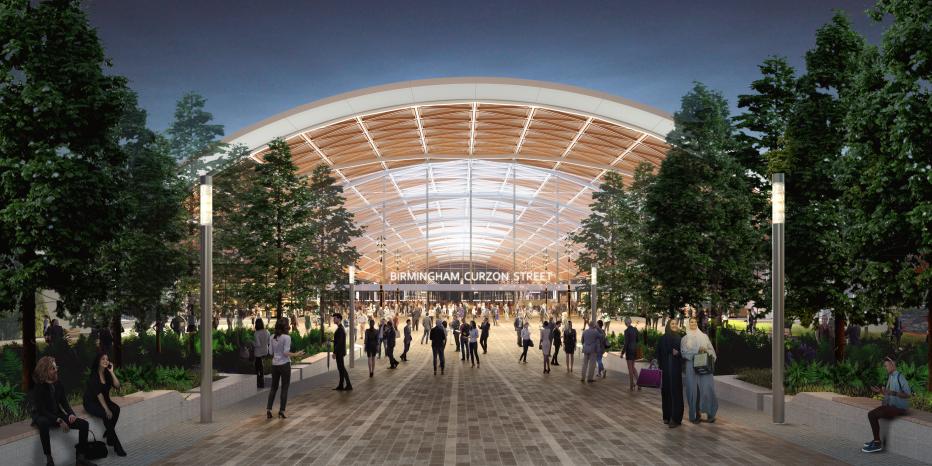
Phase One Development Partner
In 2012 Jacobs was appointed by HS2 as the Development Partner for Phase One. This involved managing the professional services companies carrying out the civil, systems and environmental designs needed for the Hybrid Bill, which grants powers for the construction and operation of major infrastructure projects in the U.K.
We encouraged a culture of sustainability and safety as Development Partner, developing a health and safety governance structure and implementing a training and awareness program, driving safety values across the supply chain.
From our previous program management experience, we knew that it was important to create a successful Program Management Office (PMO) and led in the early development of the HS2 PMO. We helped upskill and mentor client staff and supported HS2 design its organization, defining and embedding its principles and processes.
In addition to providing services like project management, land referencing, quality management and stakeholder management, we also facilitated a holistic approach towards merging Geographical Information Systems (GIS), Computer Aided Design (CAD) and Building Information Modelling (BIM).
Securing the Hybrid Bill
Achieving Royal Assent for the largest Hybrid Bill to date was no easy task. We provided specialist engineering advice and technical input into negotiations with petitioners and supported HS2 and the Department for Transport (DfT) in providing evidence at Select Committee hearings in Parliament.
As Development Partner we mobilized an experienced team and helped HS2 transition from a development organization to a company focused on the key objectives of submitting a Hybrid Bill and achieving Royal Assent.
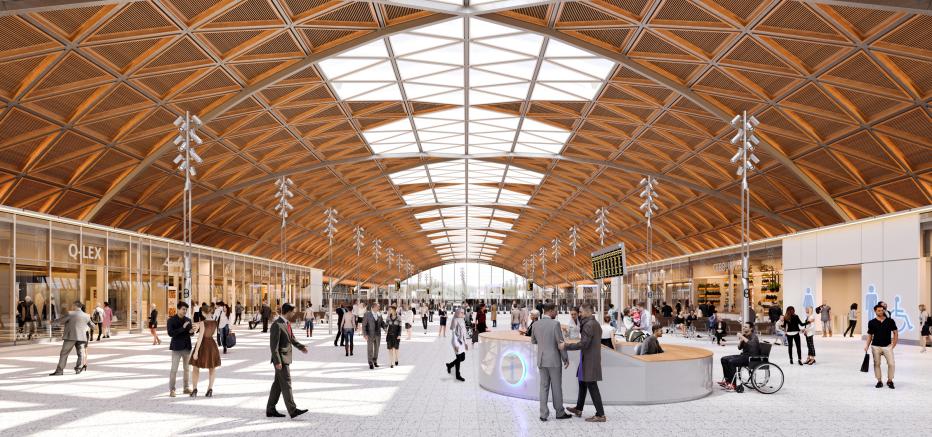
Phase One Engineering Delivery Partner
In 2016 Jacobs was appointed as the lead member of the joint venture Engineering Delivery Partner (EDP) for Phase One. The EDP is a fully integrated team co-located with the client to drive long-term efficiencies across the design and build process. The EDP covers both civils and railway systems interfaces and is integrated with HS2 Ltd in its offices in Birmingham and London, and at site offices along the route.
The EDP team is comprised of multi-disciplinary specialists and provides engineering and environmental services to support HS2 Ltd in the coordination, integration and control of engineering and environmental design, development, design assurance, construction, testing and commissioning and other ancillary services required for delivery of Phase One. We also provide world-class project engineering and environmental resources to supplement the HS2 team, including subject‐matter experts to support technical assurance and design reviews.
Staying focused on safety is central to our values at Jacobs. Together with HS2, we’ve helped to create a safety culture that has been key to the development of the health and safety system for the program. We also established a health and safety governance structure, implemented a training and awareness program and have driven the safety values across the supply chain.
There’s also significant focus on people at HS2, which aligns with our Jacobs values too. As well as being measured on our commitment to embedding equality, diversity and inclusion into the program, there is significant emphasis on skills, education and employment. Every year the EDP facilitates dozens of school engagements, offers work experience placements and activities to support development and operation of the National College for Advanced Transport & Infrastructure. We also help several individuals attain professional accreditation and status each year.
In early 2020, Phase One received formal Notice to Proceed from the U.K. Government, which meant that construction could start. In our role as EDP, and previously as DP, we have performed a wide array of tasks and provided expert analysis to support HS2’s capability program that demonstrated to the Department for Transport and wider Government that HS2 as an organization was in a position to go ahead.
The EDP continues to support HS2 now that is has moved into the main construction stage, providing expertise and services to support the successful delivery of this critical stage of the program. By drawing on our considerable global experience of delivering major programs, we are able to bring the right people, processes and systems to help HS2 deliver this transformational program through all stages of the project lifecycle.
“The Jacobs team has played a pivotal role in defining HS2 not only technically, but culturally in the early stages of HS2. Their values and behaviors have been easy to work with and they have consistently shown the maturity needed to adapt to the new challenges that HS2 has put their way.”
Supporting Climate Change Commitments
In January 2022, HS2 launched its Net Zero Carbon Plan, mapping out a new set of commitments and targets for the project to become net zero from 2035. The plan sets out how HS2 will achieve new carbon reduction milestones, support the decarbonization of the U.K. construction sector and reduce the carbon footprint of the program. The new commitments include using 100% zero carbon energy to operate the trains, eliminating diesel from construction sites by 2029, and halving the carbon emissions from concrete and steel by 2030.
Since 2016, we have been supporting HS2 to deliver on their climate change commitments. From early 2021 Jacobs was engaged, working with HS2 to set ambitions for net zero delivery, benchmarking against best practice in the industry and identifying actions for the project to take a lead on tackling climate change. Our carbon and sustainability experts supported HS2 in drafting their Net Zero Carbon Plan, helping HS2 shape their new carbon ambition.
In 2020, HS2 was the first U.K. transport sector client to achieve PAS 2080, a global standard for managing infrastructure carbon and, in 2021, Jacobs’ carbon expertise supported HS2 in achieving its re-certification. We supported HS2 in demonstrating that the project has a robust carbon reduction system in place aligned with international best practice.
The Jacobs team designed and delivered a series of carbon literacy training online learning modules and workshops, certified by the Carbon Literacy Project. This training, facilitated by Jacobs, is designed to engage, educate and inspire the HS2 workforce to understand how the project contributes to climate change and how emissions can be reduced.
HS2 Head of Environmental Sciences Neil Wait said: “Jacobs’ carbon experts embedded in the HS2 team have been at the forefront of supporting the project in driving the carbon agenda, working with us to shape our new carbon ambition. The team has also been supporting HS2 in upskilling staff across the organization through our Carbon Literacy Training workshops.”
Fast Rail: A Catalyst for Growing Regions
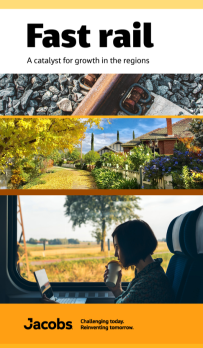
Jacobs has released a new paper titled: Fast rail – A catalyst for growth in the regions. The paper explores how fast rail connections can benefit regional economies and populations, beyond providing improved connections to jobs, opportunities, activities and services in nearby capital cities.

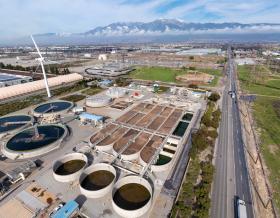


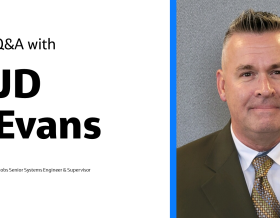
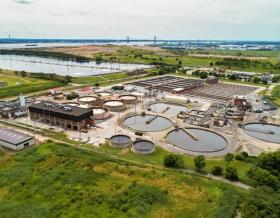


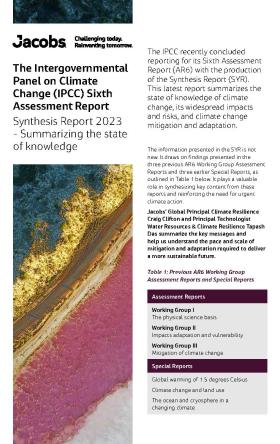
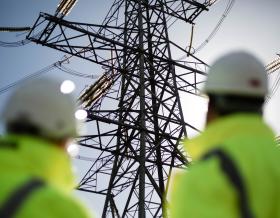

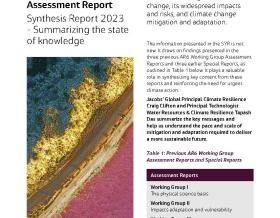
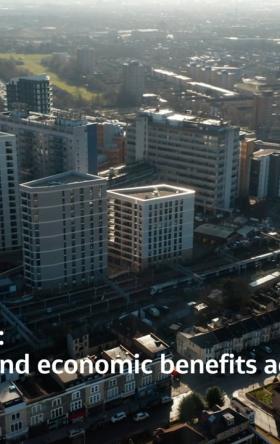
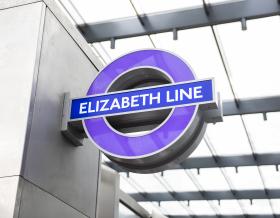
0384.png?h=1314d3d4&itok=Y1L1T7PN)



%20(twitter%20post)830c.png?h=12d14269&itok=kiNWcEcX)
